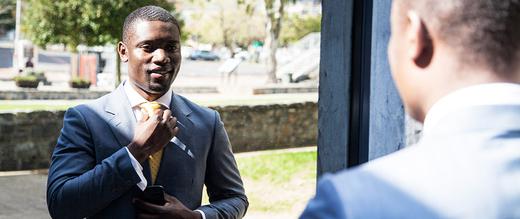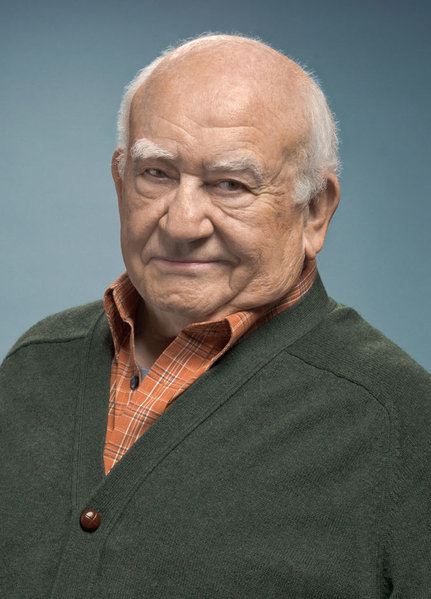The views expressed in our content reflect individual perspectives and do not represent the authoritative views of the Baha'i Faith.
The great author Wordsworth made a profound and telling distinction between honor and dignity. He said that honor measures the worth of an individual by the judgment of his community; while dignity measures the worth of an individual by the judgment of his own conscience.
By that definition honor means social status, the views of others and celebrity. It suggests short term transient fame, an emphasis on the physical world, seeking approbation and applause for a limited time. Honor focuses on the ego, especially when the ego gets its sense of worthiness from the approval of others. Honor, as one friend put it, is high school–when your main concern is what others think of you.
In medieval times, the word “honor” actually meant the group of lands or estates a feudal ruler owned. That’s where the phrase “on my honor” originates—it meant that the wealthy landed gentry offered up his manors and lands to pledge and guarantee his word. Honor refers to the material and not the spiritual.
Dignity and nobility, on the other hand, mean inner self-knowledge, long term commitment to a deeply-held spiritual ideal, and authenticity of purpose. Those two qualities suggest that the conscience of the individual has made a decision about what’s truly important, and endeavors to follow through on that decision. Dignity and nobility focus outside the self, and transcend the ego. They represent the post-graduate degree of life, when your main concern shifts away from yourself and toward others.
How do you evaluate yourself?
The Baha’i teachings point out that the ultimate goal of human existence is attaining the station of true understanding and nobility:
Man has two powers; and his development, two aspects. One power is connected with the material world, and by it he is capable of material advancement. The other power is spiritual, and through its development his inner, potential nature is awakened. These powers are like two wings. Both must be developed, for flight is impossible with one wing. Praise be to God! Material advancement has been evident in the world, but there is need of spiritual advancement in like proportion. We must strive unceasingly and without rest to accomplish the development of the spiritual nature in man, and endeavor with tireless energy to advance humanity toward the nobility of its true and intended station. – Abdu’l-Baha, The Promulgation of Universal Peace, p. 60.
With that dichotomy in mind, I started to realize, when I lived in Hollywood, that my own internal focus needed to move from valuing honor to reaching for nobility. Teachers call this extrinsic versus intrinsic motivation—rather than desiring some temporary external reward for my actions, I started to seek out the real, lasting internal rewards that only I could see and feel. In my effort to be of service, guided by the Baha’i teachings, I tried to serve humanity and let deeds and not words define my reality.
As a result of that motivation, I started volunteering with a charity called Medical Aid for El Salvador. Founded by a Hollywood actor named Ed Asner and several of his well-known and unknown friends, Medical Aid successfully converted Hollywood fame–and the fundraising dollars it could generate–into lifesaving assistance for victims of war. Ed took that work very seriously, and I soon saw that he did it not for more honor, but for his own internal sense of dignity and nobility.
But because Medical Aid altruistically helped all landmine victims, including civilians, government soldiers and the guerillas fighting against the government, it enraged some American supporters of the Salvadoran government’s battle against the rebels–including the American president, who denounced Ed publicly. CBS cancelled Ed’s top-ranked television show, Lou Grant, as a consequence.
I asked Ed about that once. He grinned and said “Ah, it was just a sit-com.” Humble and dedicated, Ed rarely talked about his charitable work, which reminded me of this passage from the Baha’i writings:
People make much profession of goodness, multiplying fine words because they wish to be thought greater and better than their fellows, seeking fame in the eyes of the world. Those who do most good use fewest words concerning their actions. – Abdu’l-Baha, Paris Talks, p. 16.
Inspired, I began traveling with other volunteers to El Salvador during the civil war years. Medical Aid specialized in giving high-tech artificial limbs to landmine victims. We would go into remote villages in the countryside, find the amputees who had survived, and help them walk again.
As you might imagine, this kind of volunteer work had a major impact on the people it served. At the time, El Salvador had no welfare or social safety net system, so if you were a farmer who couldn’t work because of a missing leg, you could starve to death. A new, working leg made people whole again, helped heal their traumatic psychological wounds and generated enormous gratitude.
Once we fitted a young boy and his father for prosthetic legs on the same day. Rural coffee farmers, they had stepped on a land mine while plowing their field. The boy lost his left leg, the father his right. They had difficult recoveries after the explosion, with shrapnel wounds and infections and excruciating pain from poor or non-existent medical care. Depressed and even suicidal, filled with skepticism and doubt, they both tried on their new computerized legs. Then they stood up to walk, and together their faces beamed with enormous delight. Their entire village, gathered to witness this transformation, watched their faces, realized that they had regained their lives, and broke into tears of joy.
At that moment, one of the happiest of my life, I began to understand the meaning of service to others.


















Comments
Sign in or create an account
Continue with Facebookor